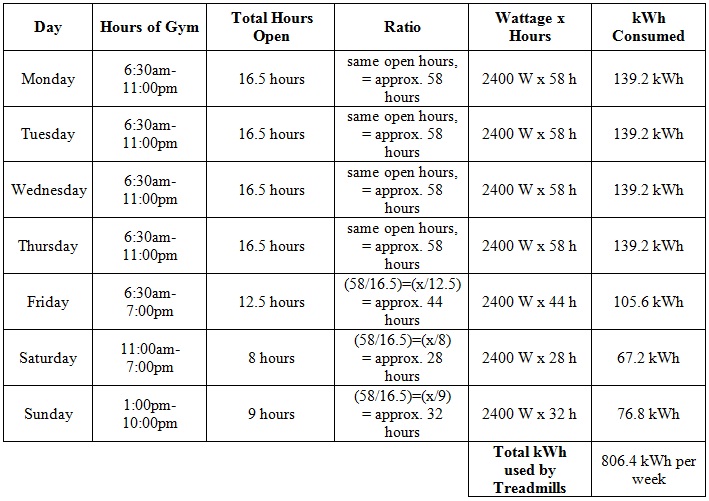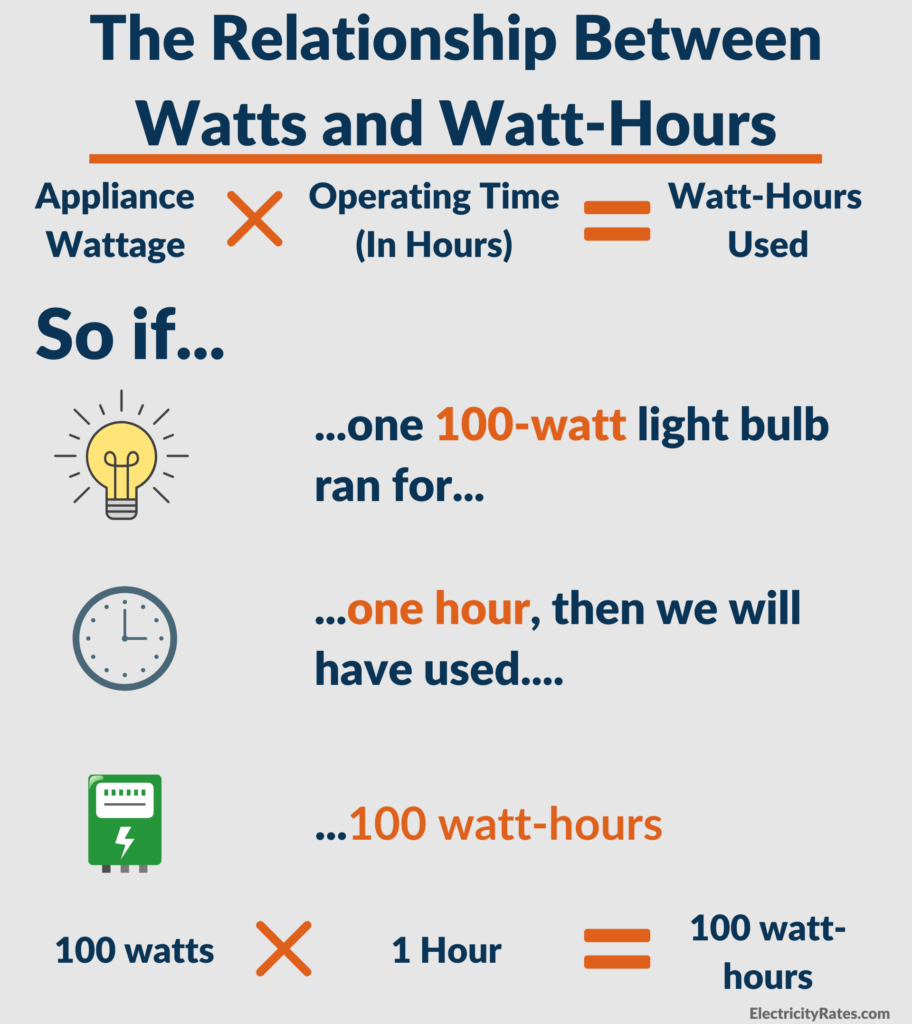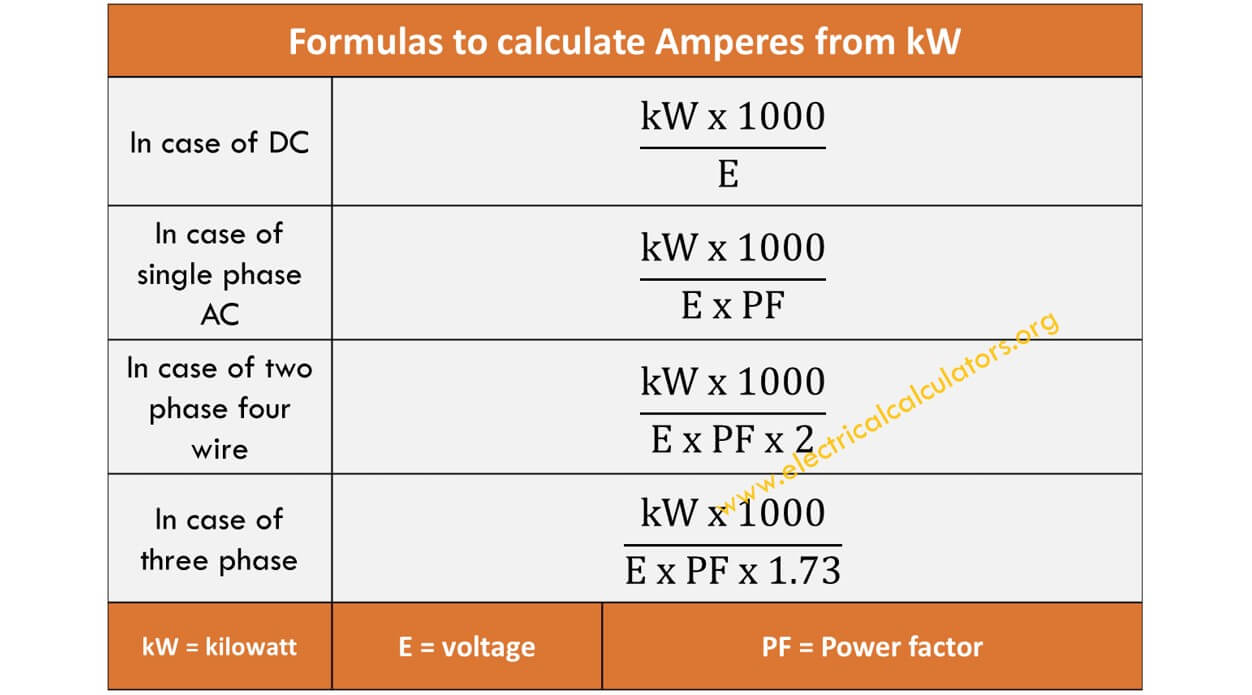

They’re related… but not the same.Įnergy is the capacity to do work – literally the ability to move something over a distance.

Most people use the terms energy and power interchangeably, but that’s technically incorrect. Kilowatt-hours are measurements of energy, and you’ll see them abbreviated as kWh (big W, and little k and h). Thus, kilowatts don’t mean much in a practical sense, unless we see their performance over time.Įnergy companies base their services around kilowatt-hours, which are 1,000 watts of electrical power, over the course of one hour. You need your fridge to keep working 24 hours per day. Your refrigerator may have a lot of power (wattage), but that power is useless to you if it only works for one second. To understand the power/energy relationship, think of the wattage powering a household device. Household power is generally measured in kilowatts, while large-scale power plants measure in megawatts or even gigawatts.Įnergy is power generated over time. A megawatt is equal to 1,000 kilowatts – or 1 million watts. “Kilo” is from the Greek, meaning “thousand.” Just like a kilometer is 1,000 meters, a kilowatt is 1,000 watts of power. In technical terms, a watt is a current of one ampere, pushed by a voltage of one volt.

Obviously, kilowatt-hours have something to do with watts. Understanding kilowatt-hours helps us understand our electrical bill, while also helping us look smart when people start talking about heavy topics like renewable energy or carbon footprints. Actually, kWh simply means kilowatt-hours, and it’s a basic measurement of energy. When we see the symbol “kWh” on our utility bills, we may assume that it’s some mysterious mathematical or metaphysical entity, and ignore it altogether.


 0 kommentar(er)
0 kommentar(er)
